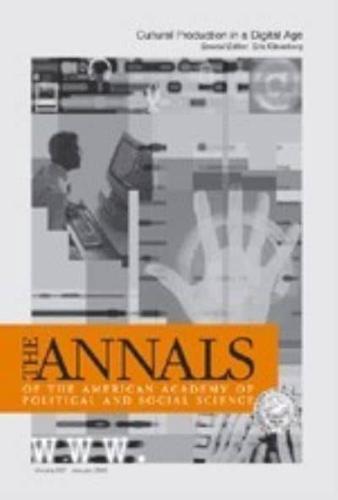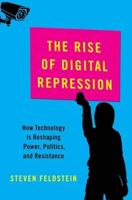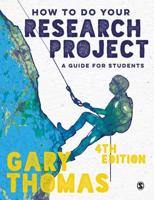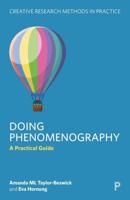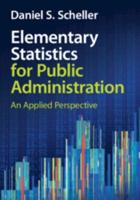Publisher's Synopsis
Digital technologies have reduced the barriers of time, space, and access that have heretofore constrained intellectual work. They have profoundly altered cultural production in fields ranging from journalism to gambling, social movements to marketing. The full extent and depth of these changes is contested, but a broad array of scholars in sociology, anthropology, management, and communication are increasingly turning their attention to these issues.′′Award-winning author Eric Klinenberg has assembled in this volume of The Annals a diverse collection of scholars to examine the current and future consequences of our increasing reliance on these technologies. Although different in theoretical and methodological approaches, all of these contributions share a guiding premise that institutions and individuals actively adapt these technologies to shape our culture in unexpected ways.′′Essays in this volume examine a wide range of questions. Does digital technology, for example, reduce the costs of entering cultural markets for groups and individuals who have been previously disenfranchised or marginalized? Or does it create new means for large organizations to consolidate and centralize that production? And does the entry of many small players place an increasing value on the brand equity that large organizations are able to cultivate in mass markets? How have digital technologies affected the nature of journalists′ work and the profession itself? How do nations and corporations define, control, and regulate intellectual property rights? To what extent do digital technologies feed our psychic needs while starving our financial ones, as in the case of video gaming and machine-gambling? Why, if these technologies render place irrelevant as some have argued, do technology firms and cultural producers cluster near each other spatially? How willing are individuals to exchange personal information about themselves for specialized services and status? And how have digital technologies afforded new opportunities for social activism or new diversions from political participation? And much more.
